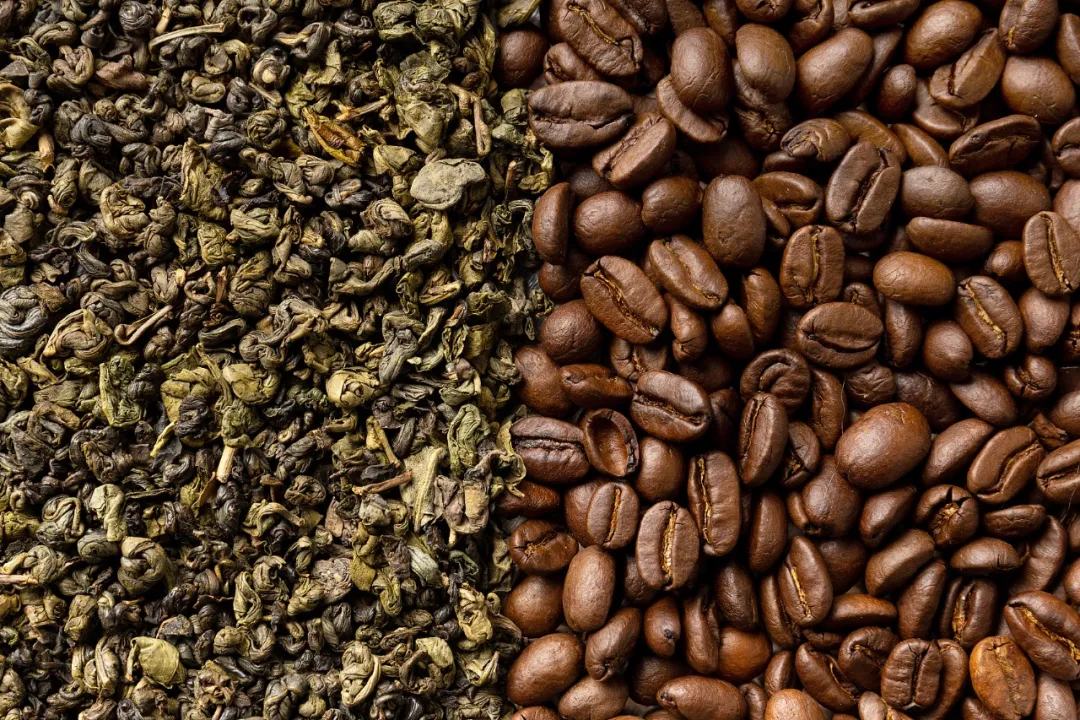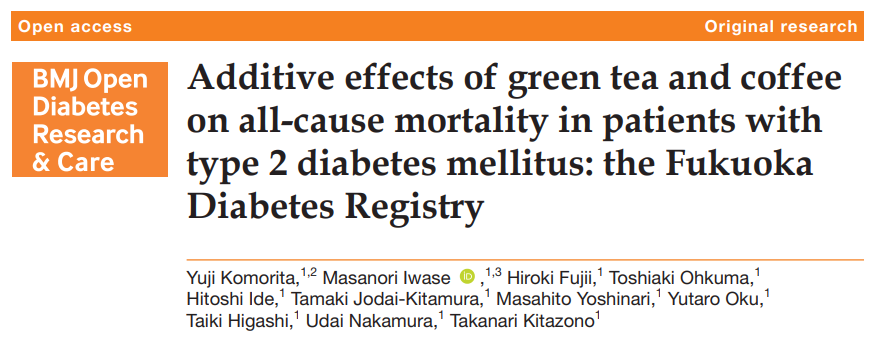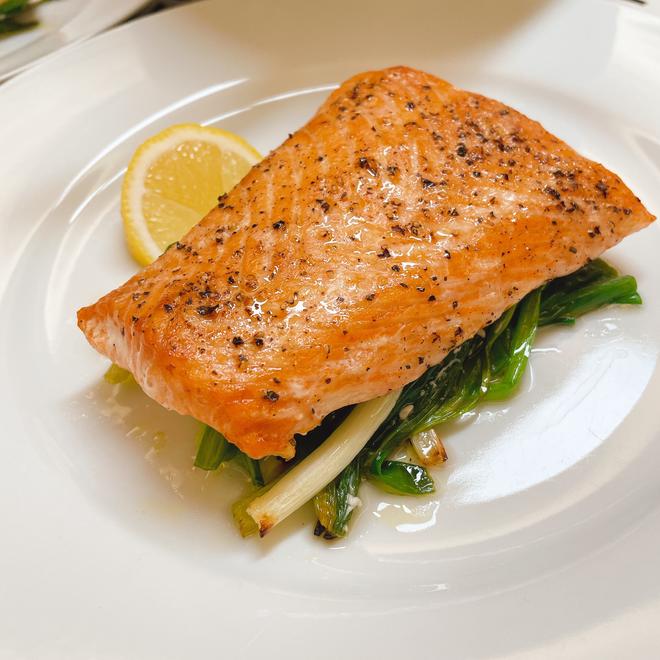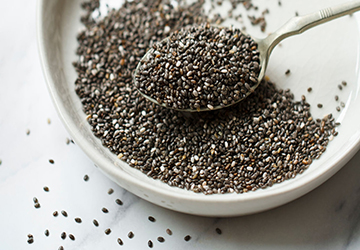Coffee or Tea? This question often comes up when I was learning English at school. Now, after many years, I find that only children can answer multiple-choice questions, while adults, of course, want all! All!
The consumption of tea and coffee ranks among the highest in the world. Tea is the second most consumed beverage in the world after water. Basically, 1 in 3 people likes to drink tea. As for how much do people like to drink coffee? Statistics from the top journal Science show that the world consumes an average of 2.25 billion cups of coffee every day. If the cups are connected, they can circle the earth 7.5 times!
More and more research directions are turning to tea and coffee. Who will be younger if they drink tea frequently or coffee frequently? Is coffee in the morning or tea in the afternoon "life-extending" or "destroying"?
The answer is unexpected!
01People who often drink tea and often drink coffee
Who is younger?
A 2024 study in the "Journal of Cosmetic Dermatology" found that people who drink coffee regularly can effectively reduce the risk of facial skin aging.
The study gathered more than 16,000 participants, mostly aged 45 to 65.
By collecting data on their facial skin aging, we comprehensively analyzed the causal relationship between drinking tea, coffee, alcoholic beverages, and sugary drinks and facial skin aging.
The study found that among the four beverages, only coffee can effectively reduce the risk of facial skin aging, and coffee intake can significantly reduce the probability of facial aging by 15%.
None of the remaining 3 beverages were relevant.
In other words, people who drink coffee regularly have better anti-aging facial skin and look younger.
Previously, as early as 2014, a similar study was published in the "International Journal of Dermatology" and concluded that coffee intake can effectively protect human skin from photoaging and reduce pigmentation spots.
Researchers speculate that the root cause of coffee's anti-aging effect lies in the polyphenols such as chlorogenic acid it contains.

02People who love both coffee and tea are in luck!
Does that mean that the benefits of drinking coffee are greater than those of drinking tea? Not really. More and more studies have found that people who like both coffee and tea have the greatest health benefits!
People who drink both coffee and tea have a lower risk of stroke and dementia. In 2021, a study published in the open access journal PLOS Medicine found that drinking coffee or tea, or a combination of the two, may be associated with a lower risk of stroke, dementia, and post-stroke dementia
The study surveyed more than 365,000 participants, all aged 50-74 years. Follow-up for more than 10-15 years found that people who drank 2-3 cups of coffee or 3-5 cups of tea a day, or a combination of 4-6 cups of coffee and tea, had the lowest incidence of stroke or dementia. Compared with those who drank neither coffee nor tea: those who drank 2-3 cups of coffee and 2-3 cups of tea a day had a 32% lower risk of stroke and a 28% lower risk of dementia; coffee and tea intake were associated with a lower risk of ischemic stroke and vascular dementia. Researchers believe that there is an interaction between coffee and tea related to stroke and dementia. There are several mechanisms that suggest that the combination of the two may be related to stroke and dementia. First, coffee is the main source of caffeine and contains polyphenols and other bioactive compounds with potential beneficial health effects. Similarly, tea is also rich in caffeine, catechin polyphenols and flavonoids, which are believed to have neuroprotective effects, such as anti-oxidative stress, anti-inflammatory, inhibition of beta-amyloid accumulation and anti-apoptosis.

Coffee and tea drinkers have lower risk of death from diabetes
In 2020, a study published by Japanese researchers in BMJ Open Diabetes Research & Care found that drinking coffee and green tea may extend the lifespan of patients with type 2 diabetes. The study included nearly 5,000 Japanese adults with type 2 diabetes, followed up their health for at least 5 years, and evaluated the effects of various beverages on the lifespan of patients with type 2 diabetes. The study found that people who drank more than 4 cups of green tea a day had a 40% lower risk of death than diabetic patients who did not drink green tea at all. Similarly, diabetics who drank more than 2 cups of coffee a day also had a 41% lower risk of death than other diabetics. Drinking green tea and coffee at the same time reduced the risk of death even more significantly.
03Tea/coffee is good, but please remember these 3 points
After reading this, friends who love tea and friends who love coffee no longer have to argue. The right answer is to combine "coffee + tea". However, if you want to drink tea/coffee healthily, you must remember these 3 points:
Drink in moderation
Although drinking both tea and coffee may reduce the risk of certain diseases to a certain extent, it should be noted that the overall caffeine intake increases when drinking both. Therefore, it is recommended that everyone drink in moderation. According to previous studies, it is recommended that 210-400 mg of caffeine is consumed per day, so 1-3 cups of coffee per day is enough. Adults drink about 12 grams of tea a day, which is preferably brewed in 3-4 times.
Try to drink in the morning
Caffeine takes about 8-10 hours to be completely metabolized in the human body, so it is recommended not to drink coffee at night, which will affect sleep quality. It is best to drink it before 3 pm. For people who have poor sleep, it is recommended to drink it in the morning to avoid affecting the quality of sleep at night.
Pay attention to sugar control
Although both coffee and tea are better for drinking, please note that the "tea" here does not refer to milk tea or fruit tea, but tea brewed by yourself (green tea, black tea, oolong tea, etc.); coffee is also recommended to be American black coffee or latte with as little sugar as possible. Try not to choose milk tea or fruit tea containing a lot of sugar, or coffee containing a lot of syrup. Excessive sugar intake can lead to obesity and increase the risk of various chronic diseases.
(Images from the internet)





